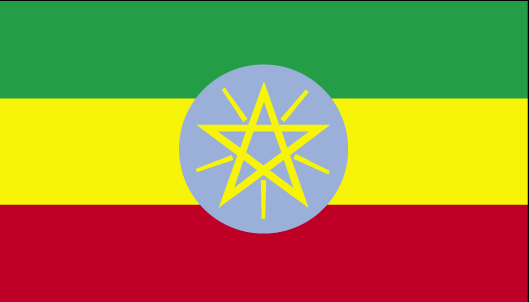China Brazil Bangladesh Indonesia Vietnam United States Pakistan South Korea Myanmar South Africa Ethiopia Turkey Poland Iraq Philippines Nepal Uzbekistan Tanzania Russia Democratic Republic of the Congo Ghana France Uganda Nigeria Cote D'Ivoire United Kingdom Angola Cambodia Madagascar Sri Lanka Yemen Japan Mozambique Bolivia Taiwan Colombia Libya Cameroon Somalia Mali Czech Republic Haiti Egypt Sudan India Hungary Slovakia Zimbabwe Ukraine Kenya Zambia Kyrgyzstan Laos Ecuador Lebanon Jordan Honduras Germany Slovenia Italy Kazakhstan Greece Venezuela Hong Kong Morocco Algeria Austria Guatemala Burkina Faso Rwanda Malawi Mexico Tajikistan Niger Guinea Benin Nicaragua Romania Serbia Paraguay Togo Belgium Croatia Canada Costa Rica Malta Denmark Chad Kosovo Tunisia Papua New Guinea Mongolia South Sudan Dominican Republic Albania Sierra Leone Peru Republic of the Congo Portugal Oman Bosnia and Herzegovina North Macedonia Singapore Switzerland Palestinian Territory Burundi Thailand Bulgaria Lesotho Montenegro El Salvador Mauritania Liberia Gabon Guinea-Bissau Botswana Guyana Eswatini Turkmenistan Netherlands Djibouti Bhutan Senegal Equatorial Guinea Namibia Saint Lucia Barbados Solomon Islands Spain Finland Fiji Timor-Leste Gambia Cabo Verde New Caledonia Bahamas Luxembourg Panama Central African Republic Saudi Arabia French Polynesia Macao Chile Puerto Rico Seychelles Uruguay Vanuatu Maldives Argentina Jamaica Comoros Reunion Australia Guadeloupe New Zealand Samoa Sao Tome and Principe Brunei Darussalam United Arab Emirates Guam Jersey Saint Vincent and the Grenadines French Guiana Martinique Mauritius Georgia Malaysia Grenada Kuwait Belarus Mayotte Suriname Eritrea Norway Latvia Belize Dominica Andorra Aruba Antigua and Barbuda Saint Kitts and Nevis Armenia Trinidad and Tobago Kiribati Micronesia Sweden Iceland Moldova Northern Mariana Islands Bermuda Israel Faroe Islands U.S. Virgin Islands Tonga Greenland Marshall Islands Ireland Qatar Liechtenstein American Samoa Isle of Man Lithuania Cyprus Iran San Marino Palau Monaco Guernsey Cayman Islands Nauru Estonia British Virgin Islands Caribbean Netherlands Wallis and Futuna Azerbaijan Gibraltar Sint Maarten Turks and Caicos Islands Anguilla Tuvalu Saint Pierre and Miquelon Saint Barthelemy Cuba Cook Islands Saint Martin Falkland Islands Saint Helena Western Sahara Bahrain Syria Aland Islands Afghanistan Curacao British Indian Ocean Territory Montserrat Tokelau French Southern and Antarctic Lands Vatican City Christmas Island Norfolk Island Niue Svalbard Cocos (Keeling) Islands Pitcairn Islands Antarctica Heard Island and McDonald Islands South Georgia and the South Sandwich Islands North Korea Bouvet Island United States Minor Outlying Islands Ethiopia Flag Meaning & Details 623,130 VISITORS FROM HERE! Ethiopia Flag Flag Information three equal horizontal bands of green (top), yellow, and red, with a yellow pentagram and single yellow rays emanating from the angles between the points on a light blue disk centered on the three bands green represents hope and the fertility of the land, yellow symbolizes justice and harmony, while red stands for sacrifice and heroism in the defense of the land the blue of the disk symbolizes peace and the pentagram represents the unity and equality of the nationalities and peoples of Ethiopia note: Ethiopia is the oldest independent country in Africa, and the three main colors of her flag (adopted ca. 1895) were so often appropriated by other African countries upon independence that they became known as the Pan-African colors the emblem in the center of the current flag was added in 1996
Learn more about Ethiopia » CIA - The World Factbook
 Previous Country | Next Country
Previous Country | Next Country  » Back to Flag Counter Overview
» Back to Flag Counter Overview
 Previous Country | Next Country
Previous Country | Next Country  » Back to Flag Counter Overview
» Back to Flag Counter Overview